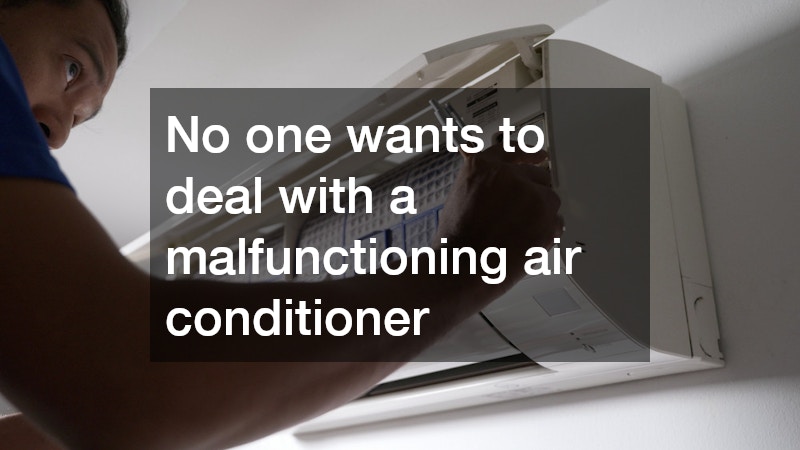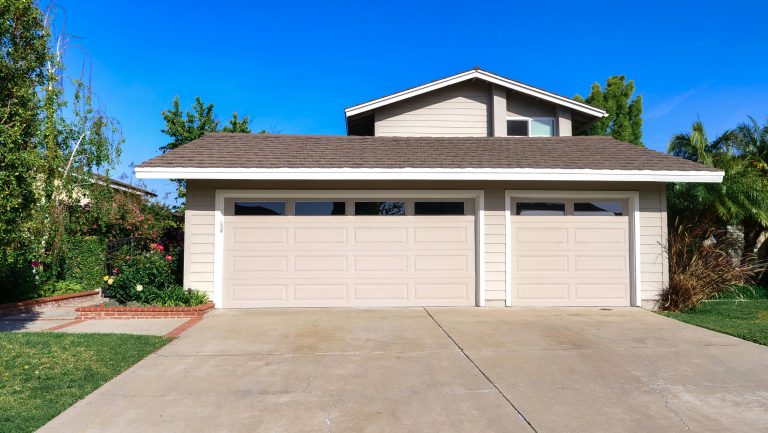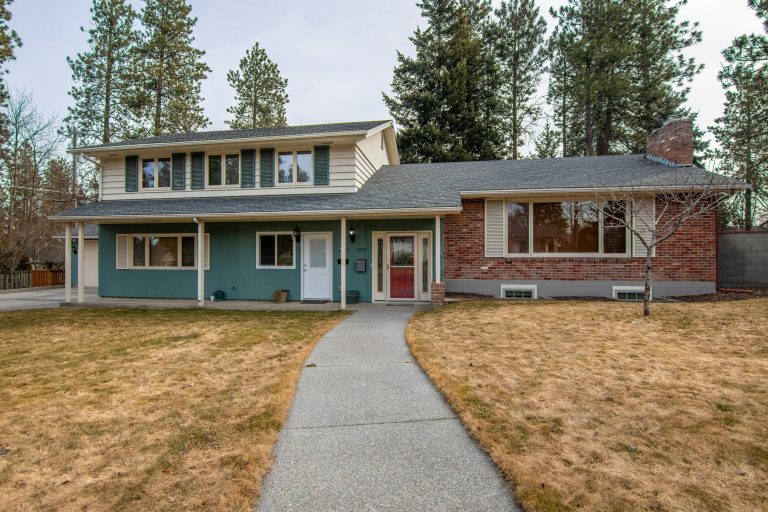

When the summer heat sets in, your air conditioner becomes essential for maintaining comfort in your home. However, like any other appliance, air conditioners have a lifespan and might need replacement. This article discusses the common signs that indicate it’s time to replace air conditioner and what you should consider during the process.
Inconsistent Cooling
If you’ve noticed uneven temperatures in different rooms, it might be a sign that your air conditioner isn’t as efficient as it once was. Over time, air conditioning units can struggle to distribute cool air evenly throughout your home.
This inconsistency can be due to several factors, including aging parts or a failing compressor. Before the problem escalates, it’s wise to evaluate the root cause of these temperature inconsistencies. In many cases, inconsistent cooling is a clear signal that you may need to replace air conditioner.
Temperature fluctuation can result in hot and cold spots that make living conditions uncomfortable. If your AC is overworking in some areas while underperforming in others, the strain on the system can further reduce efficiency. Additionally, inconsistent cooling might also escalate energy bills, as your system works harder to try and maintain a set temperature. Homeowners in areas with extreme weather might notice these symptoms even more. Consulting with a professional technician to assess your system could confirm your suspicions.
Residents in Colorado Springs, CO, especially, may find their aging units underperforming due to temperature extremes. It’s crucial to address these cooling discrepancies before they lead to more significant issues. An evaluation might reveal that the current system is too small or too large, both of which can affect performance. The complexities of airflow and insulation also play a significant role in cooling effectiveness. To ensure optimum performance and efficiency, it might be time to replace the air conditioner in Colorado Springs, CO.
Frequent Repairs
No one wants to deal with a malfunctioning air conditioner, especially during the sweltering summer months. If you find yourself frequently calling in for repairs, it could be an indication that your AC unit is nearing the end of its life. The cost of frequent fixes can add up quickly, surpassing the price of a new air conditioner. In some cases, the issues might stem from a single malfunctioning component, but often it’s a sign of overall system decline. When repair visits become a routine, it’s time to consider replacing the entire system.
Older air conditioners can start exhibiting wear and tear after several years of service. Parts like fan motors, compressors, or coils wear out, leading to suboptimal performance. Regular maintenance checks might extend the lifespan, but there’s only so much one can do once an AC begins to deteriorate. A critical evaluation of repair costs versus replacement may reveal it’s more economical to invest in a new system. If you’re unsure, seek expert advice to weigh the pros and cons of continued repairs against replacement.
Sometimes repair issues might mask bigger, underlying problems. Only a skilled technician can determine if the issues are fixable or if the costs will continue to add up. Attempting to salvage an old system can sometimes lead to diminished returns on investment. A modern, efficient system might save more money in the long run due to reduced energy consumption and fewer required repairs. Replacing your air conditioner can be a wise move that prevents future headaches and financial strains.
Rising Energy Bills
An unexplained spike in your energy bills can be an unwelcome surprise for any homeowner. An inefficient air conditioning unit often consumes more power as it struggles to maintain desired temperatures. Rising utility costs can be one of the most noticeable signs that it’s time to replace your air conditioner. While initial replacement costs can be daunting, the potential for long-term savings is considerable. Before retrofit costs spiral out of control, updating to a new, more energy-efficient system can offer peace of mind.
Systems that are outdated or have been damaged can lead to energy waste. Often these units work much harder than necessary, causing excessive energy use. Investing in a newer model can cut utility costs significantly thanks to advancements in energy efficiency technology. Furthermore, government energy efficiency standards ensure newer models offer better performance and lower energy costs. Many homeowners notice significant savings on energy bills after replacing inefficient units.
Energy-efficient air conditioners are designed to meet higher standards than those from a decade ago. They often feature advanced technology that enables them to work smarter, not harder. While the upfront cost might be higher, the decreased operational costs mean replacing an outdated unit can eventually pay for itself. In areas like Colorado Springs, CO, where weather can be unpredictable, having a reliable and efficient air conditioner is paramount. Reduced power consumption not only saves money but also benefits the environment by reducing your carbon footprint.








